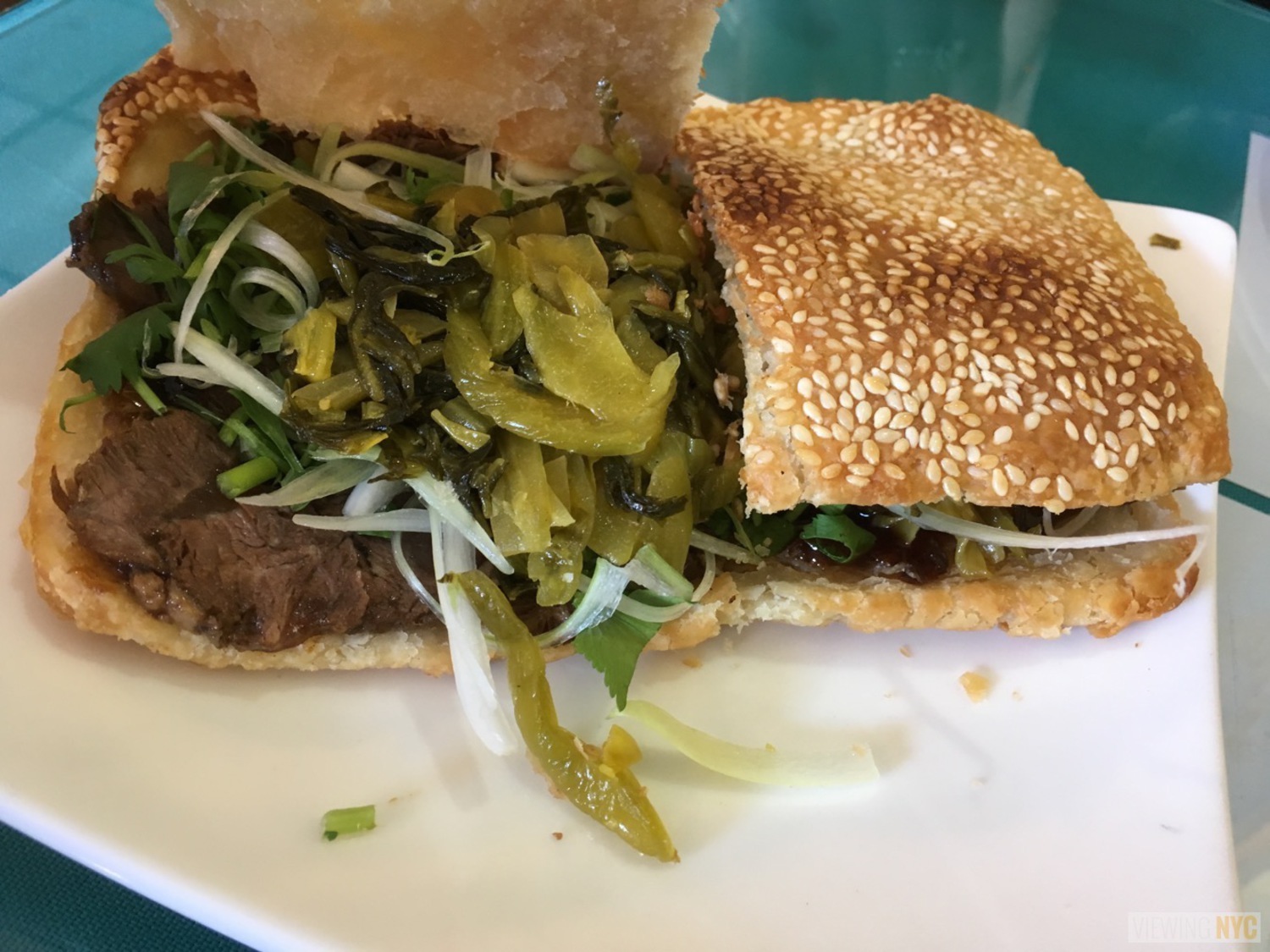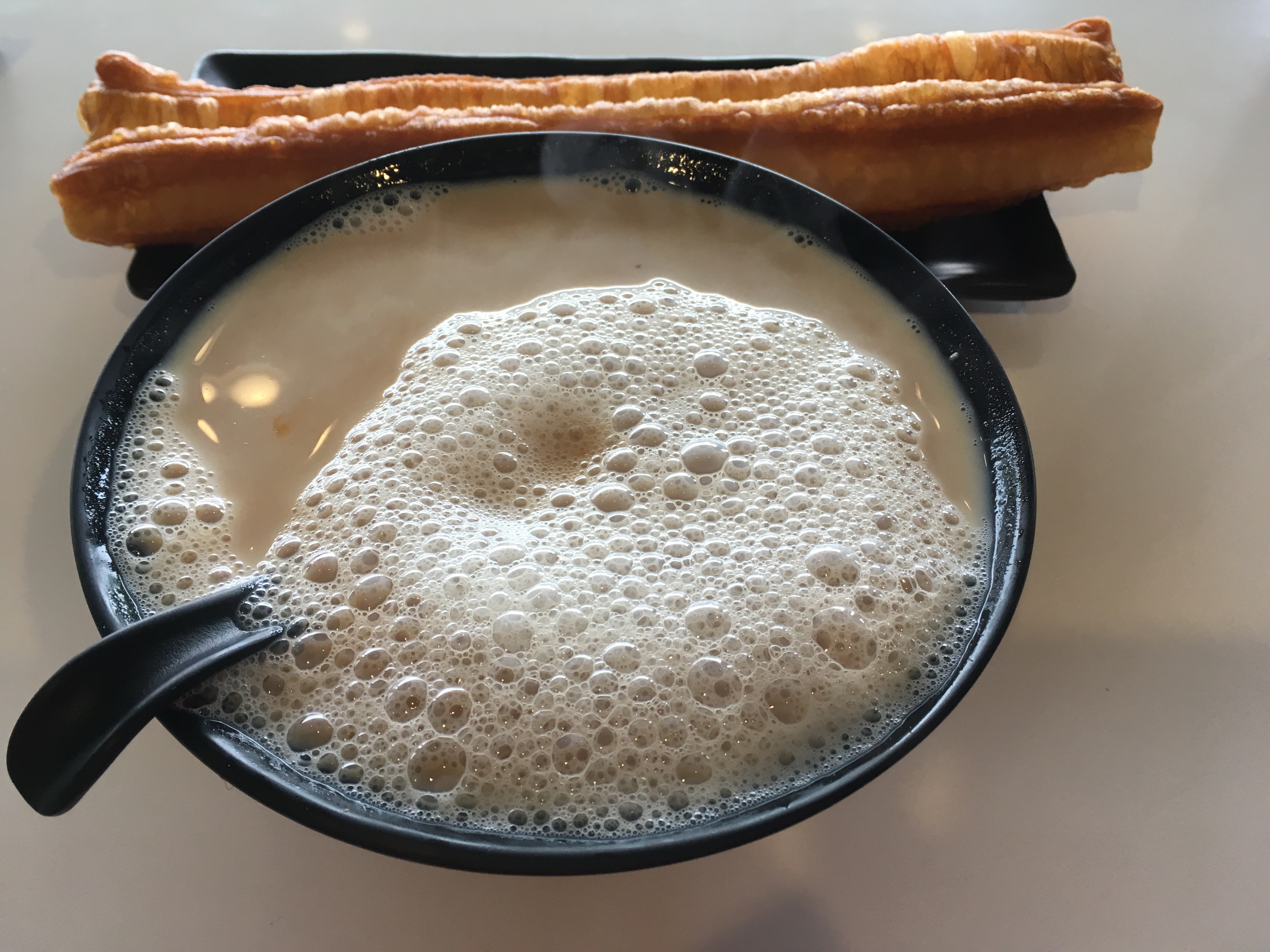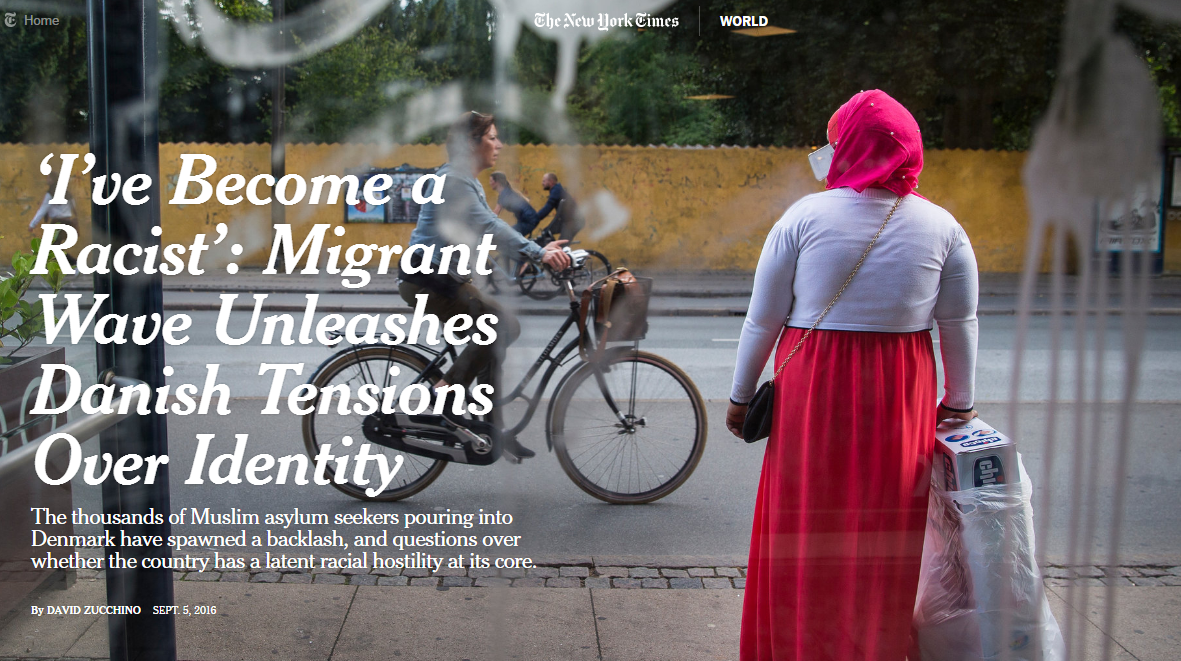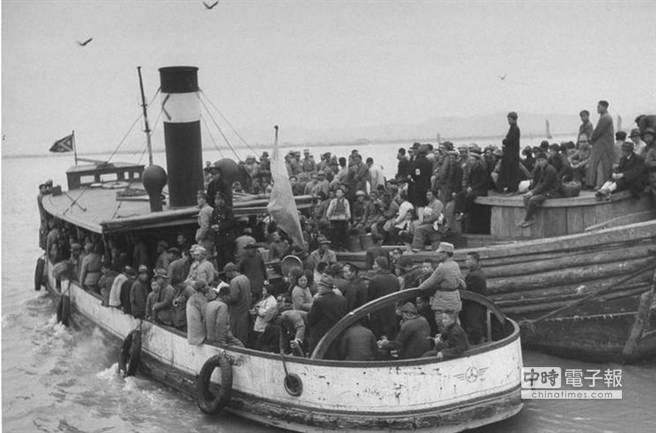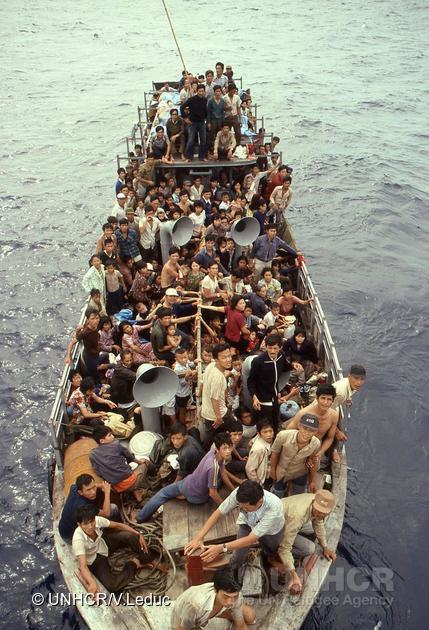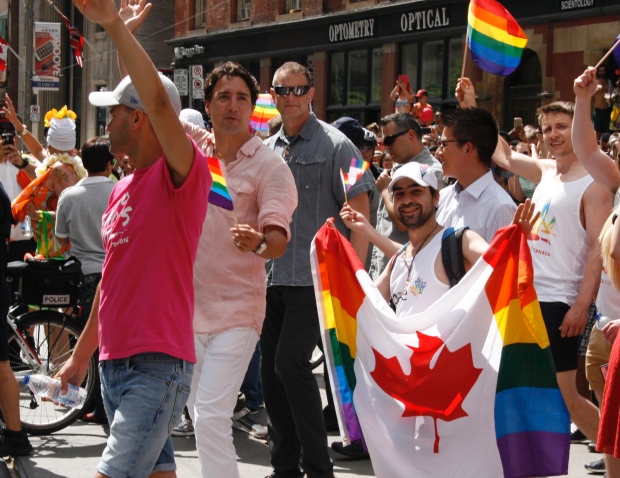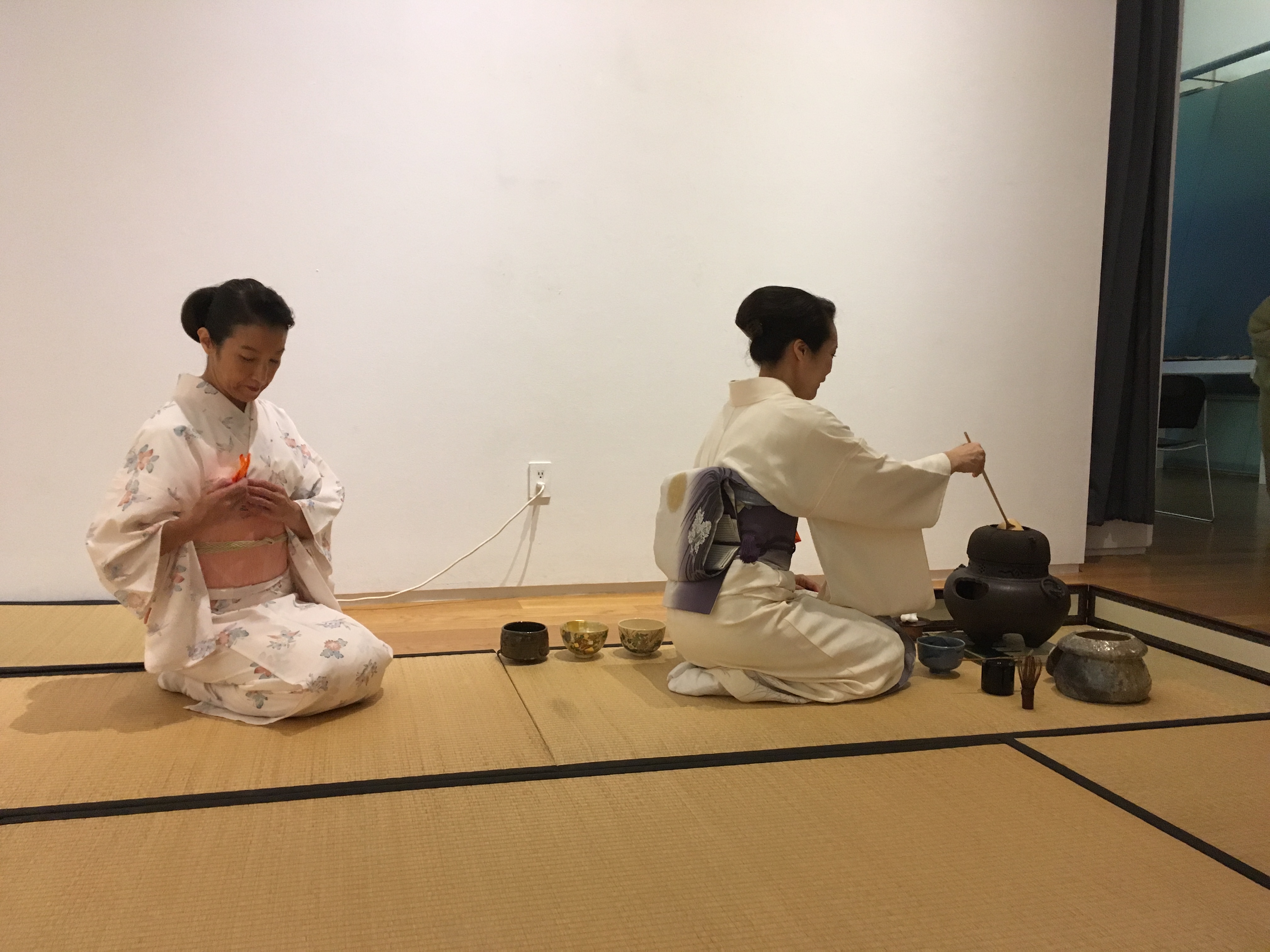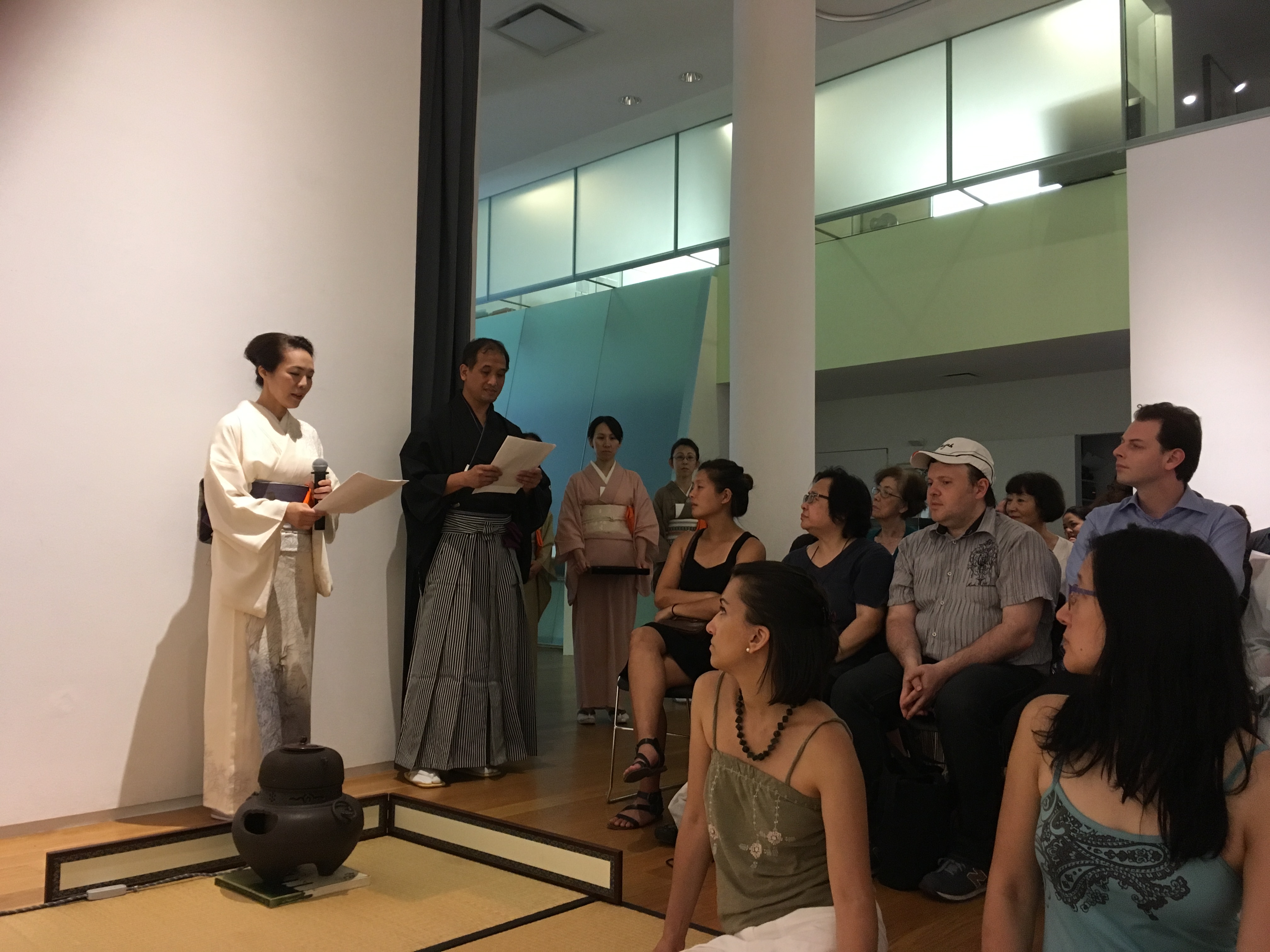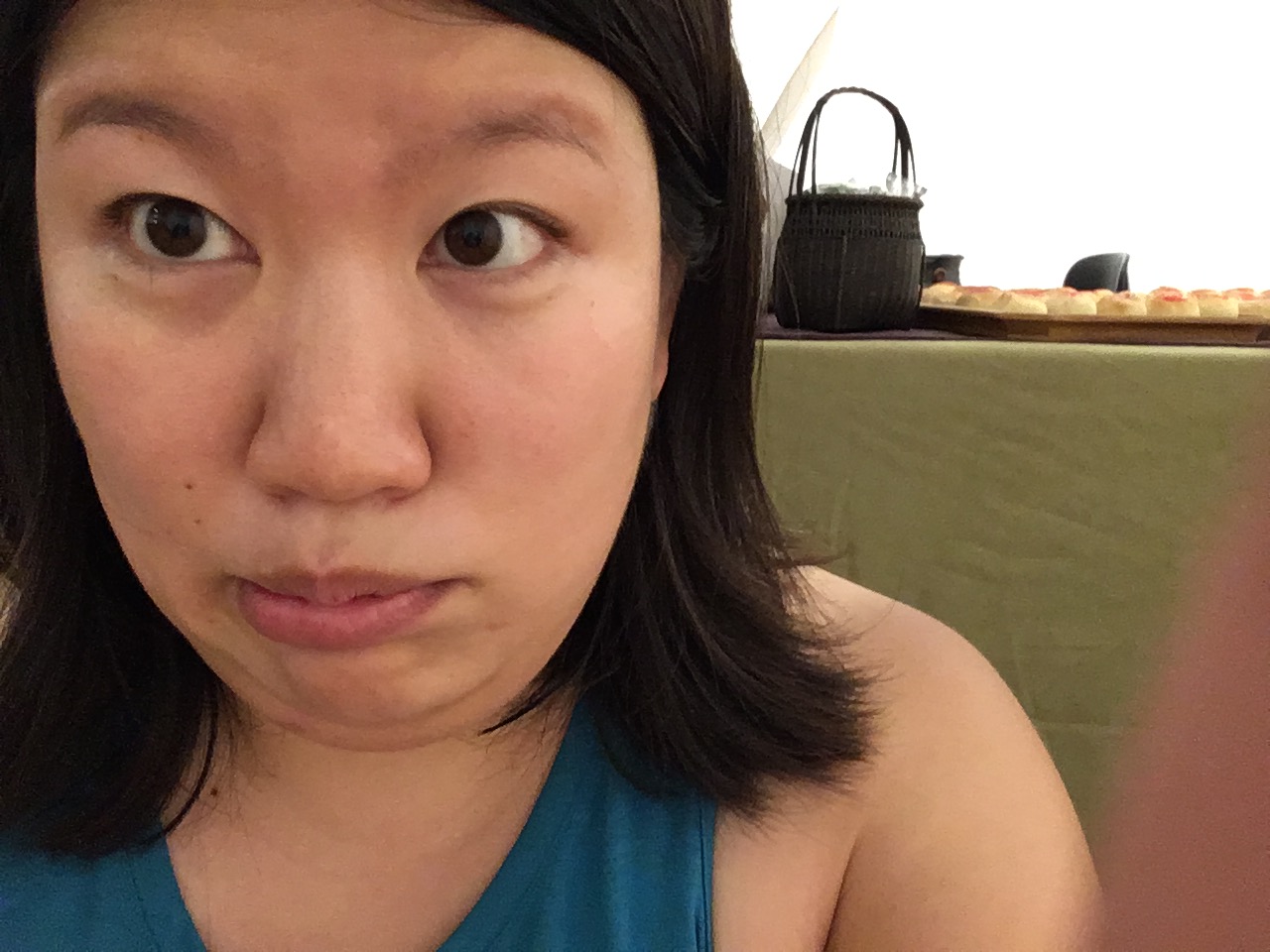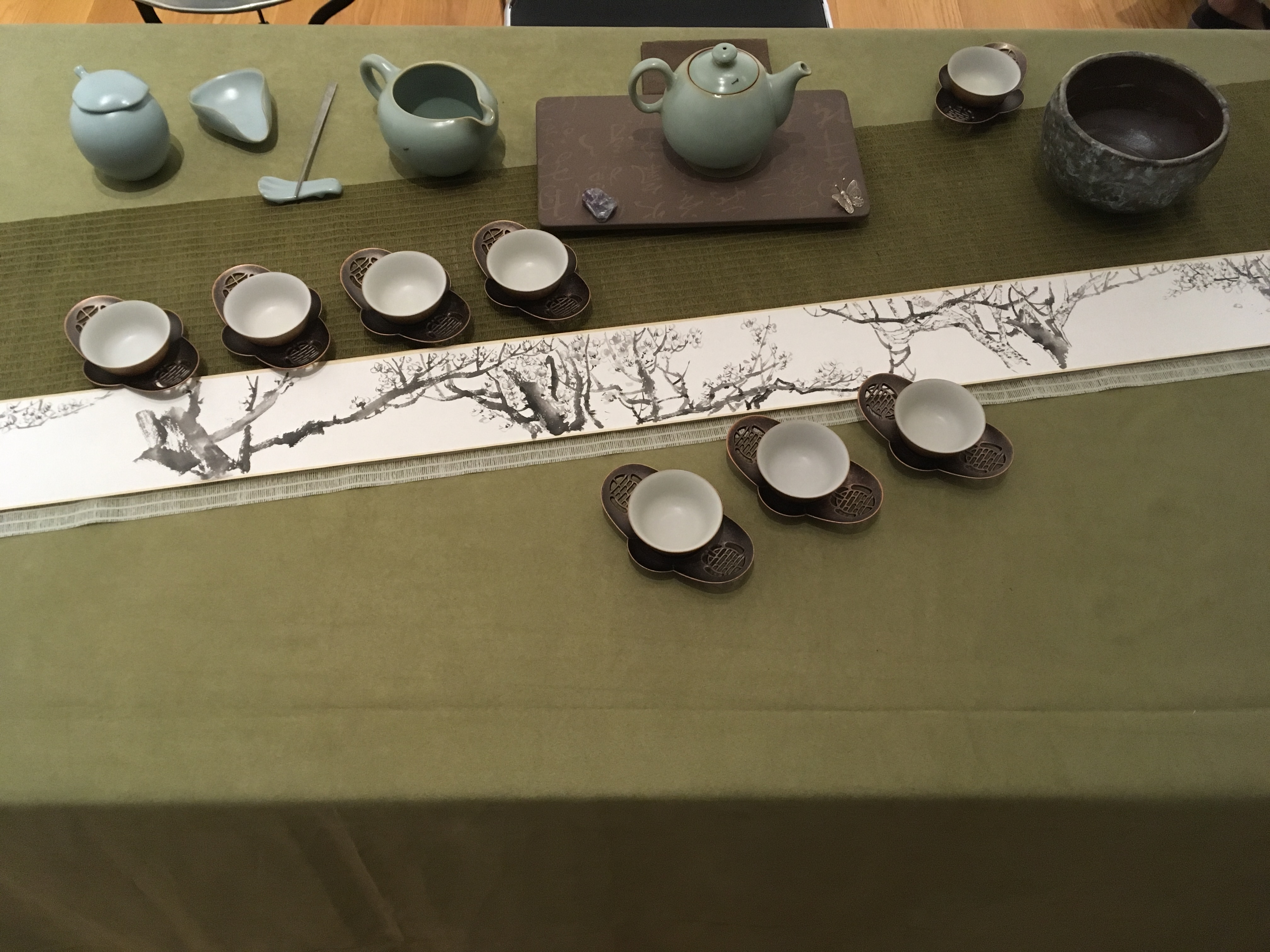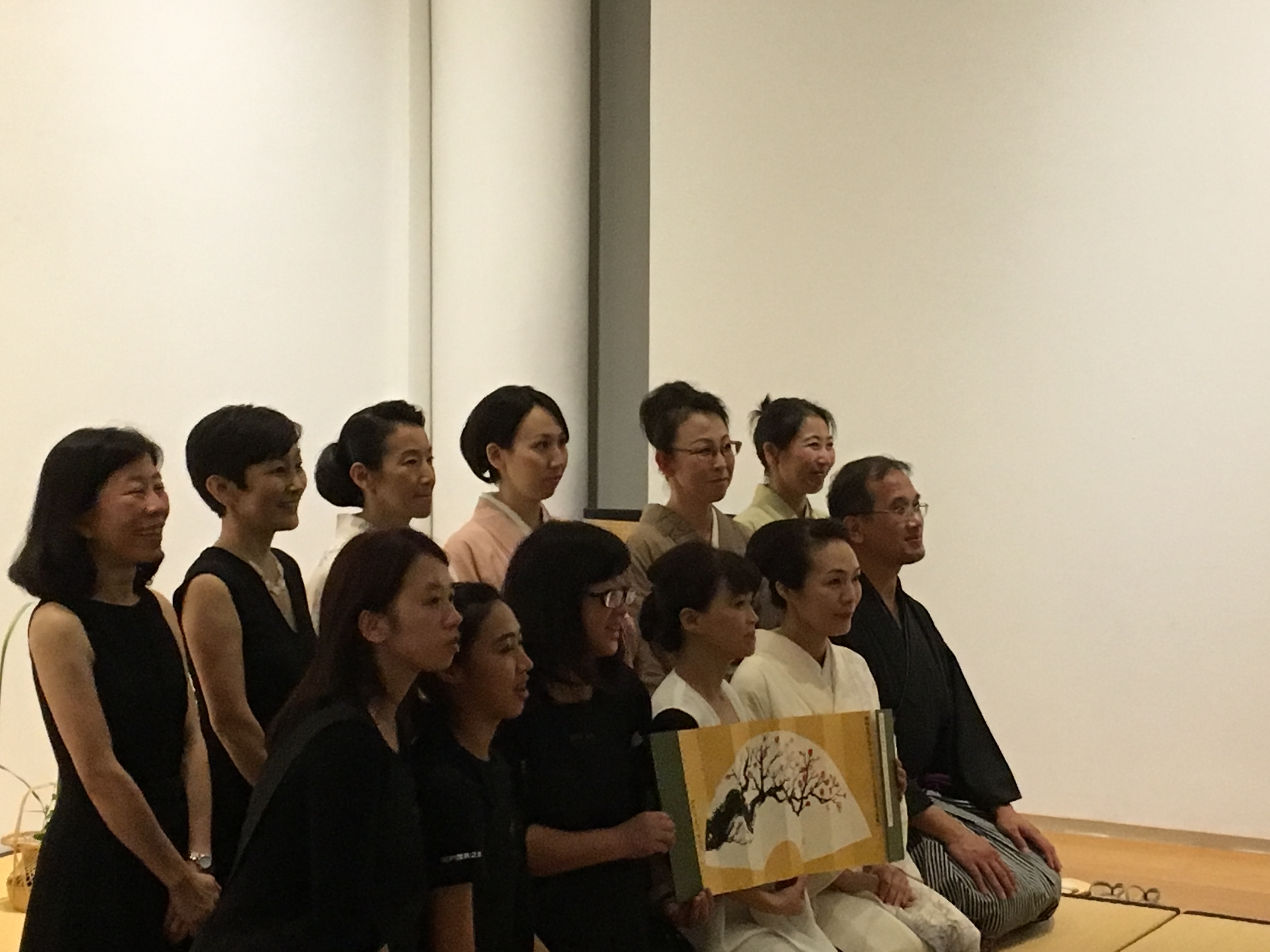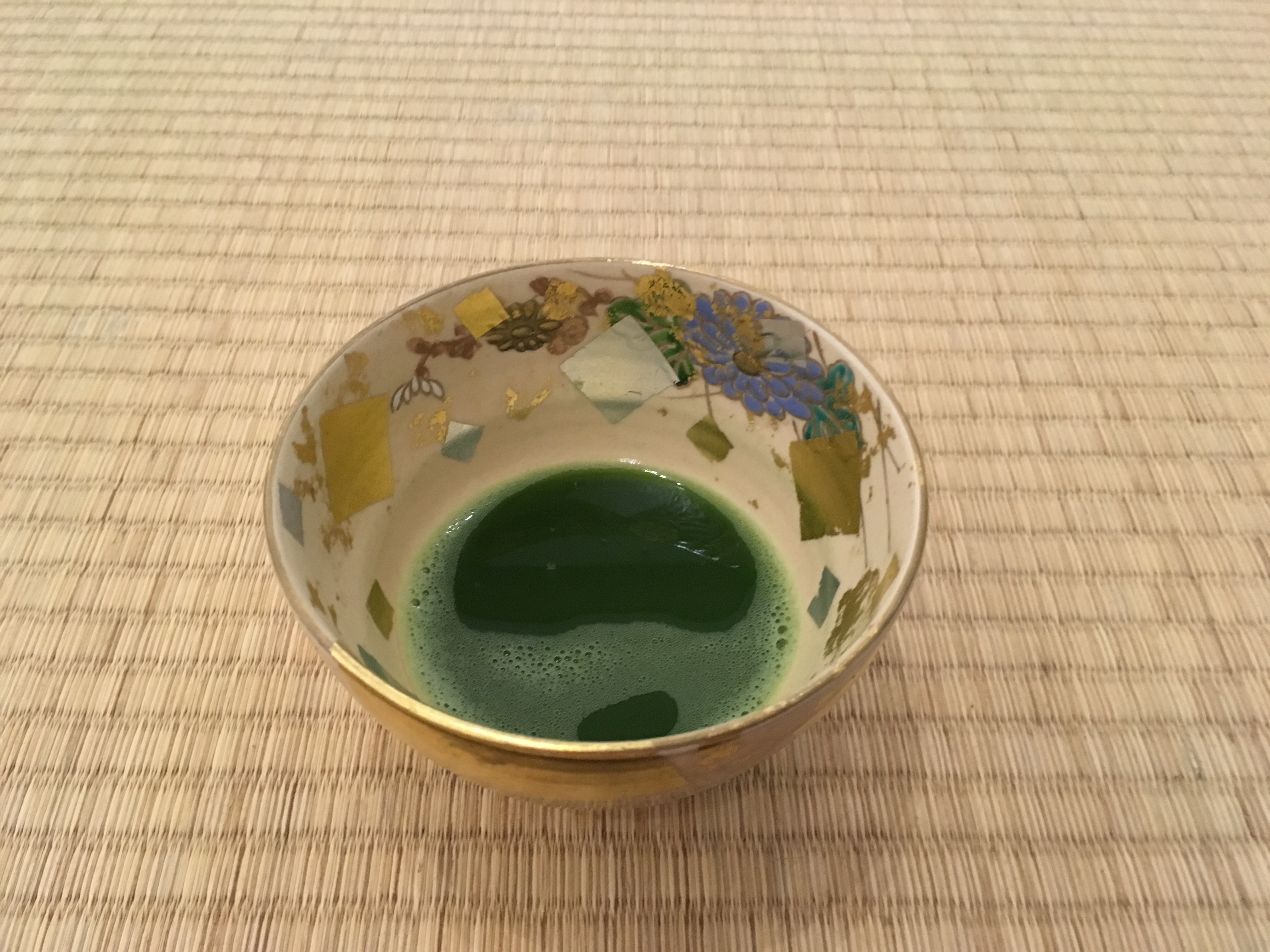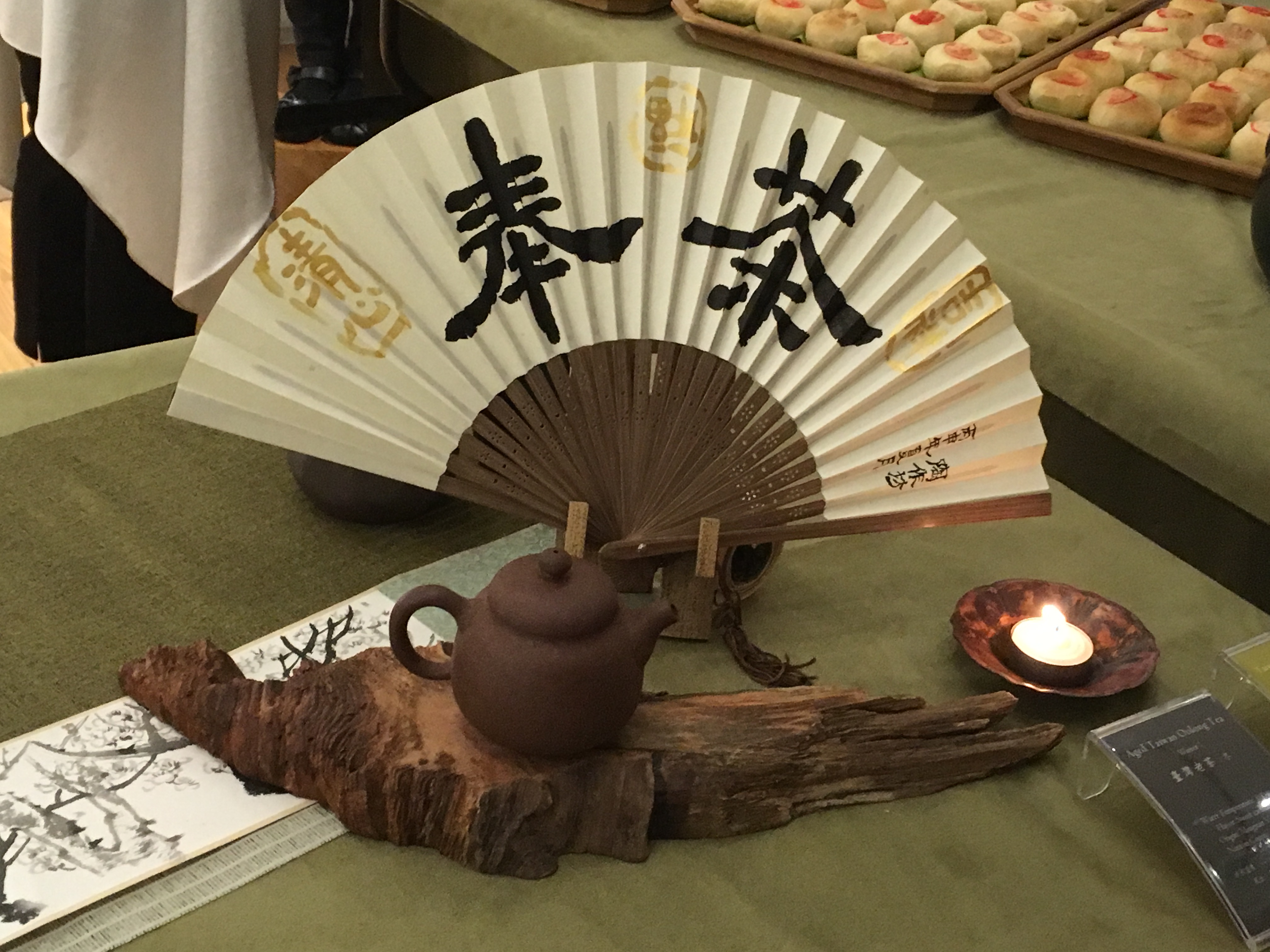After recovering from omicron about the same exact time I finished quarantine in Taiwan, I felt like reposting what I posted on Facebook another Christmas spent alone preventing the spread of a rampaging infectious disease. Ironically, I think it’s time restrictions go down and an exit strategy needs to start happening for Taiwan as vaccines go up, but I have to say I was so cared for that it was a shock to the system of living through the covid surge in NYC.

Got some curious questions about how Taiwan works and how I get to have a brief COVID-controlled life. Personally, I don’t believe there is zero spread in the wild, but it’s obvious no hospitals are being overwhelmed after living through a mass causality event during the NYC surge. Additionally, given there is actual planning here, I’m confident the government and health system can handle a spike, if not a surge.
First, to enter Taiwan you must be a national or have residency. I have jus sanguinis nationality through my parents and entered with my Taiwanese passport. (I, however, do not have household registration, meaning I don’t have voting rights or full welfare benefits unless I work/live in Taiwan for specific durations of time/pay taxes for full citizenship benefits, however I am able to enter the country as such so families are not potentially separated during this time as much as can be managed). I suppose the same quarantine and monitoring below could be applied to non-citizens, but I think the lack of skin in the game would create problems. Eg. Someone like me cares a lot more about their own flesh and blood than that Kiwi pilot who refused to cooperate after spreading COVID and fines can actually be levied and enforced given that this will not the last time I return. I can’t just skedaddle. I encourage Taiwanese-Americans to inquire on a passport as most of us qualify for this, and you never know when you might need it as long as you are prepared to be part and parcel to any responsibilities. The diaspora has an important part to play in the years ahead as China becomes even more aggressive, especially speaking in general we represent a relatively elite and potentially influential social class in the countries we live in.


Anyway, prior to boarding at JFK, I had to have a negative PCR test dated within the last three business days. I didn’t realize how lucky I was to live in the state of New York where COVID tests are free and plentiful given the amount of stress and money this caused others returning from other states and countries. I also had to fill in Quarantine Entry Form prior as well with where I would be quarantining and other information like my US Passport number (since I do not have national identification number without household registration) and any travel history.
There are quarantine hotels available throughout Taiwan at various price ranges, including the cheapest at around $30 USD dollars a day, which is the subsidy provided by the government given per day at the end of your quarantine. This is even given to people who quarantine in their own homes for their service (must have own bedroom and bathroom, and no elderly people or small children in household). I personally am not applying for it since the fine print says you shouldn’t if you are still collecting a salary. I’m still working remotely, and I’m not paying Taiwan income taxes (I would need to declare my remote work income after 90 days and pay ROC taxes), so not a thing I will do even though I’m sure many have done it. In addition, the hotel rooms are subsidized, eg. I got to enjoy staying in a Marriott for less than 1/2 the normal prices, which included three meals a day and herbal health tea.

When I arrived, I received a text with all my information on a quarantine form on my US cell phone from the declaration form. After getting off the plane, there were two lines, one for people without a local SIM card who had the quarantine form registered with their local phones verified. Once I bought a local SIM card (~30 bucks for unlimited data and voice for a month), I filled my new number in the form on the link and then received a barcode form with my information pre-filled out. There were lots of staff ready to help out, super organized, efficient, and what I can only describe as a great customer experience.

Once my number was in the system, I passed through one more paperwork check (PCR test, cell phone, hotel booking), then went through passport control as per usual, and then out. There are designated buses at a low low price that will take you to hotels in a roundabout journey, but most people opt for the taxis, which are also subsidized (paid $30 instead of $50 that would normally be the price). I filled out another form for contact tracing for the taxi driver. Before I got on the car, she sprayed my luggage, and me, and even the bottom of my shoes with alcohol. She also took a picture of the barcode on my cell phone in case if I got sick for contact tracing. Everyone was super friendly and they even had English speaking staff for people who don’t know Chinese, all forms and documentation were available in English as well.



When I got to the hotel, I had to enter through the parking elevator where someone checked me in decked out in PPE, mostly verifying who I was, payment, and when I wanted to have my meals, which were three delicious healthy bentos a day. She then pressed the elevator buttons for me and I had to walk to my room was waiting with the door open, because I couldn’t leave it for 15 nights, I didn’t have a key. The next day a policeman called and gave me a very stern speech about quarantine. I then stayed in there and chilled for 15 days while working, went by quicker than I thought it would. The quarantine is enforced by a geofencing system based on cell phone tower pings versus GPS as a compromise for less invasive potential privacy problems, although it is interesting to see how this tech will evolve and be used after the pandemic is over. If your cell phone went out of range, it’s turned it off, or if you don’t respond to texts/calls, the police will be dispatched to retrieve you. Each day, the CECC texts me to check on my status. Additionally, I have a form where I record my temperature twice a day for 22 days. If I have any COVID-19 symptoms, I have to immediately inform the CECC who will arrange for testing and additional care.


Once I was out of quarantine, I am under a seven day Health Self Management period where I can go about my normal life provided I have no COVID symptoms, but I must have my mask on at all times when I am outside. The mask order here is not for everywhere, but I must wear mine everywhere except eating, and I cannot share a dish with others (a woman got fined recently for sharing hot pot with 9 friends the day she was out of quarantine) although I’m allowed to eat with people and go to restaurants. I’ve opted to go to places that are not fully enclosed and mostly stuck to takeout. I can’t go to large public venues like nightclubs and concerts specifically (eg large public New Year’s Eve celebrations though I’ll be done by then) although I can go to malls, go to class/work, go shopping etc, and take public transit and otherwise go about my life. Once these 22 days are over, I can prance about unmasked outside and go to a music festival.
Honestly, even without this seven day ‘cooling off period’, I think my mind is still too psychologically unused to indoor dining and crowds that my brain is still ringing alarm bells. I’m less freaked out than I was the first two days, but I’m at a point like many others that when I watch shows on Netflix and there’s no social distancing or masks it freaks me out. Other people I know who have returned mentioned they had to go through a bit of de-conditioning/cultural shock until they were able to not freak out anymore.


Overall, 10/10 recommend the Taiwan COVID prevention experience.




















